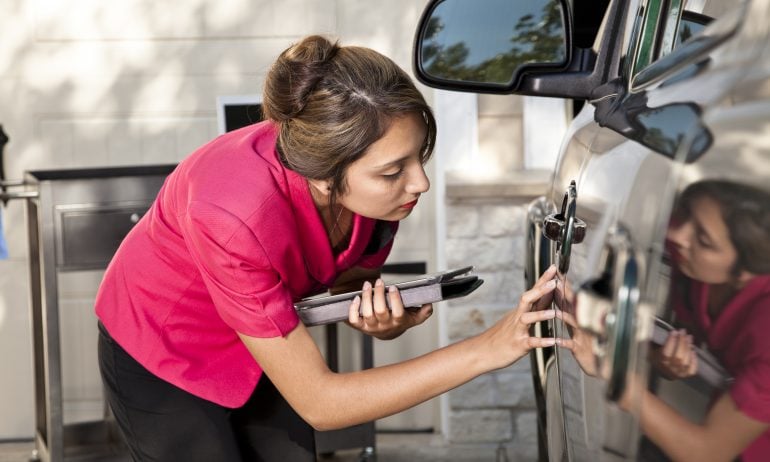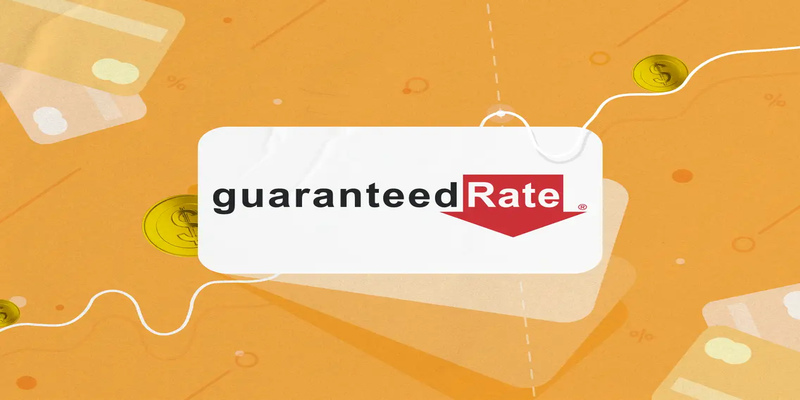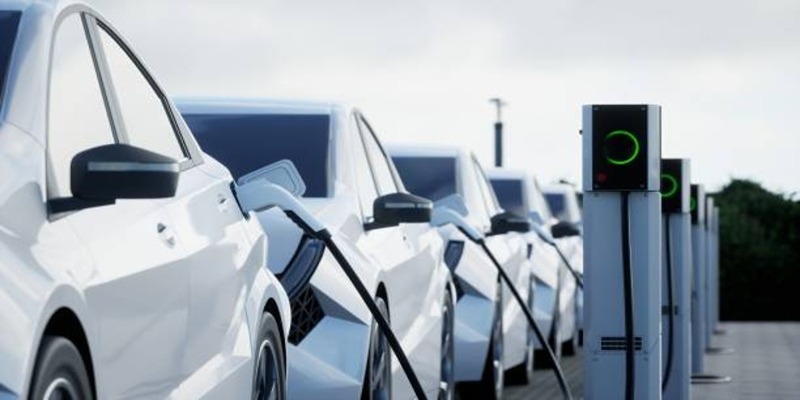It is not the time to pay for items you don't need, like car insurance for a vehicle that is now not being used. If you possess a car you seldom drive, you may be considering how to get out of your auto insurance coverage and if it would be more beneficial to permanently cancel the policy or put it on hold for some time.
If you have a car you don't use very often, putting a hold on your auto insurance policy may be a fantastic method to save money. However, you won't just be able to cancel your Netflix membership like that. In addition, the reasons behind your decision to stop driving the vehicle or the presence of an outstanding car loan may restrict the possibilities available to you during this time. To comply with the law and safeguard your financial interests, you must maintain the car's insurance policy even if you no longer drive the vehicle.
Reducing Your Coverage
If you are not eligible for suspension, reducing your coverage is a smart choice since it allows you to keep your insurance rather than cancel it. In this manner, you may avoid having your break in coverage referred to as an insurance gap, which would likely result in higher premiums in the future. Check with your insurance before making any assumptions. To get things started, reduce the amount of coverage on your vehicle insurance policy to the minimum that is needed by your state.
In almost every state, motorists are required to have liability insurance. Some states require uninsured/underinsured motorist coverage, personal injury protection, and/or medical costs coverage.
If you are storing the car while you are not using it, consider having comprehensive insurance (or increasing it) in case the vehicle sustains damage while it is being kept. Your car will be replaced if it is stolen, and non-driving-related issues, such as vandalism and damage caused by falling items, will be covered by comprehensive insurance.
If you are storing your car for an extended period, your insurer may make an exception and allow you to keep a comprehensive-only policy, which is sometimes referred to as "car storage insurance." In most cases, you must purchase collision coverage and comprehensive coverage. Your lender may require you to maintain both collision and comprehensive auto insurance coverage if you have a car loan from them.
Contact the Department of Motor Vehicles (DMV) to determine whether your insurer will enable you to maintain comprehensive and remove everything else, including liability insurance. Because your car would no longer have sufficient insurance for anybody to drive it lawfully, you could be required to submit an affidavit stating that it is not being used.
Suspend Your Car Insurance
You can temporarily remove yourself from a family auto insurance policy as an alternative to changing your existing coverage. If you are going on a trip, but other family members will be driving the car, you should consider this possibility.
If you are a more dangerous driver than the others covered by your policy, selecting this option might help you save money. The reason for this is that removing yourself from coverage brings the chance of an accident down. There is, however, no value to withdrawing oneself from the insurance if doing so would not save you money.

If this is the case, staying on the policy is more convenient. You can only do this if you're moving and continue living with other people covered by the insurance policy. Many insurance providers insist that all drivers registered at the same address be included on a policy, or they must be "excluded" explicitly from coverage.
It is different from being considered an excluded driver as it is to remove oneself from the insurance. You are permitted to drive the car even if your name is not included in the insurance coverage. It is against the rules for excluded drivers to operate the car, and they may have to provide evidence that they are covered by some other insurance to be excluded.
Cancel Your Insurance Policy
When you are ready to start driving the car again, consider canceling your current auto insurance policy and purchasing a new one. However, canceling your insurance policy is generally not an option if you still owe money on your car loan. Your lender will almost certainly require that you have at least some kind of insurance on the car.
If you are considering canceling, you should contact your local DMV. Your state may ask you to file an affidavit of non-use in addition to a suspension to legally remove the car from circulation and cancel the insurance required by the state.





